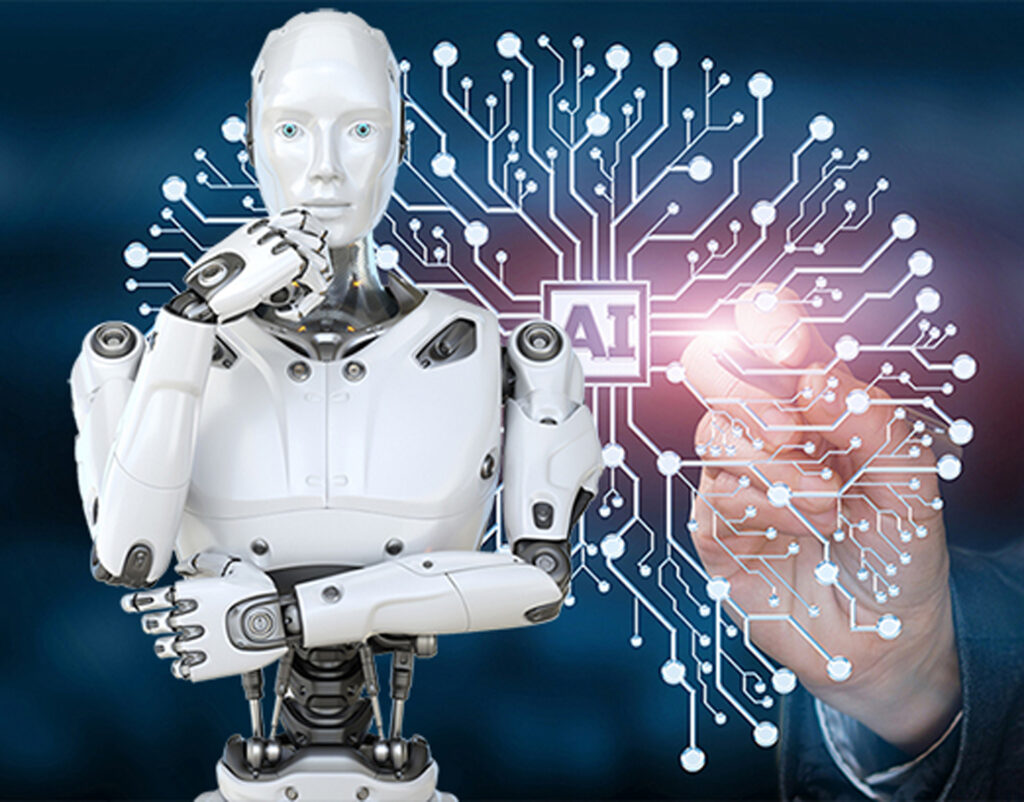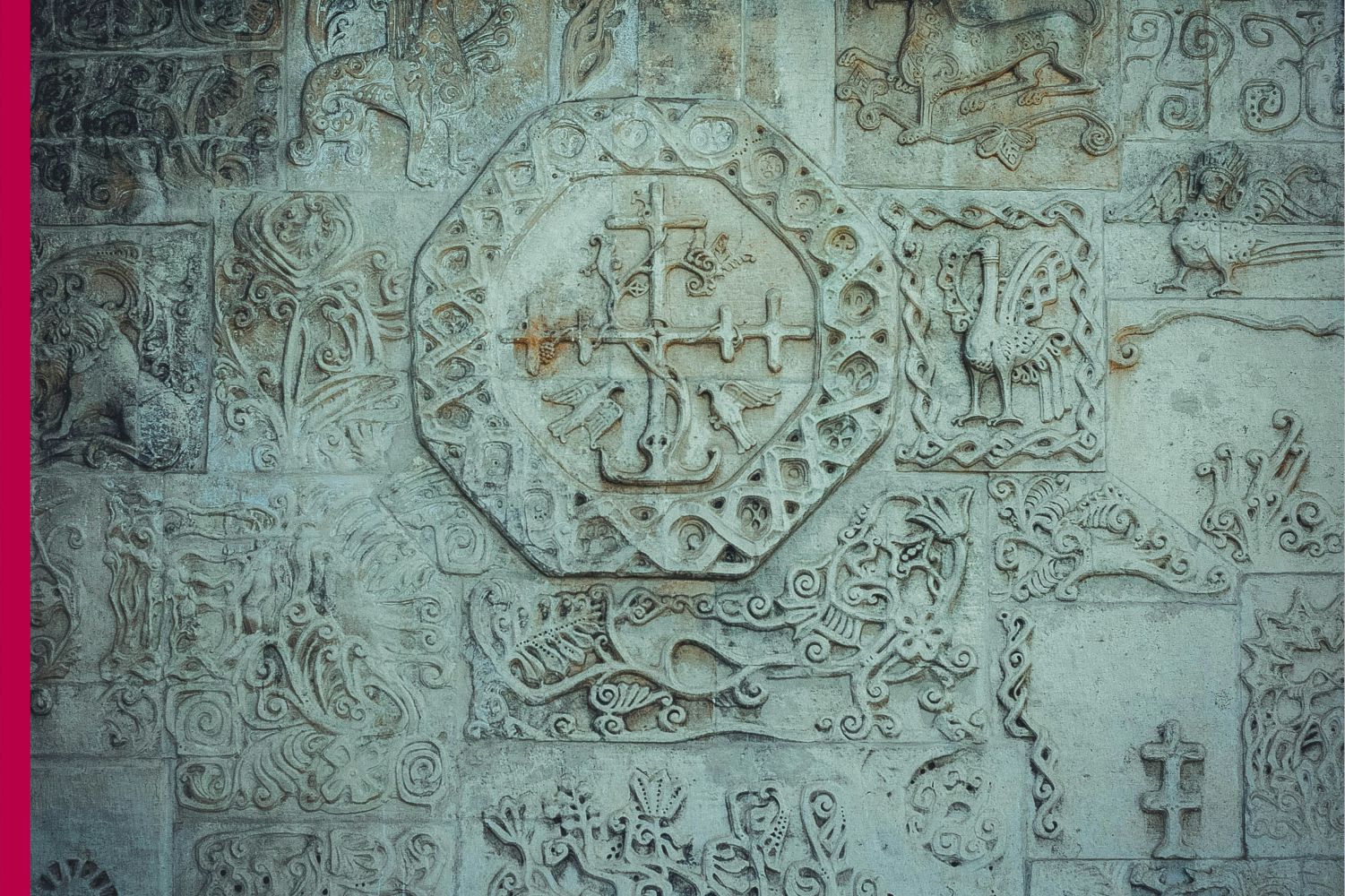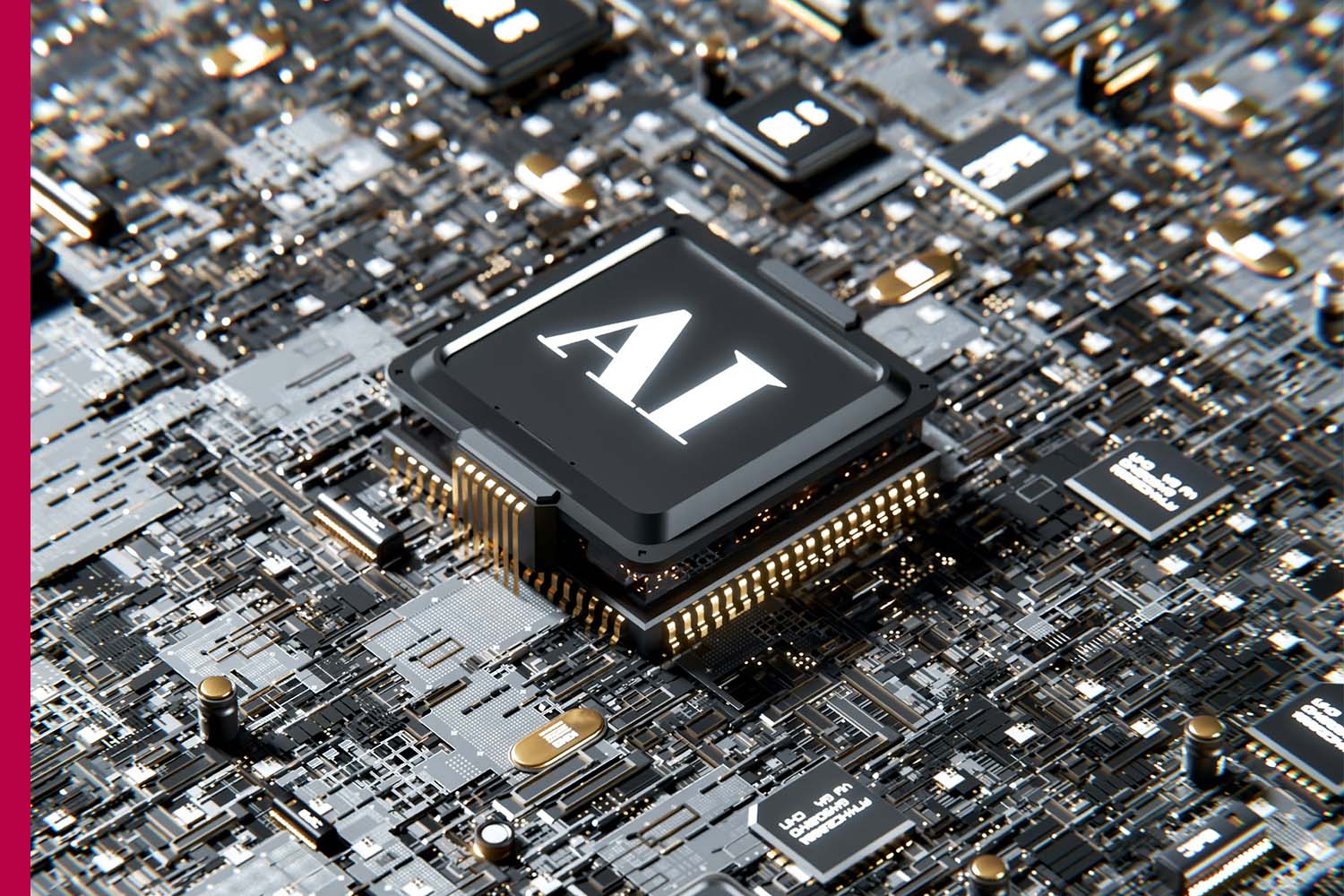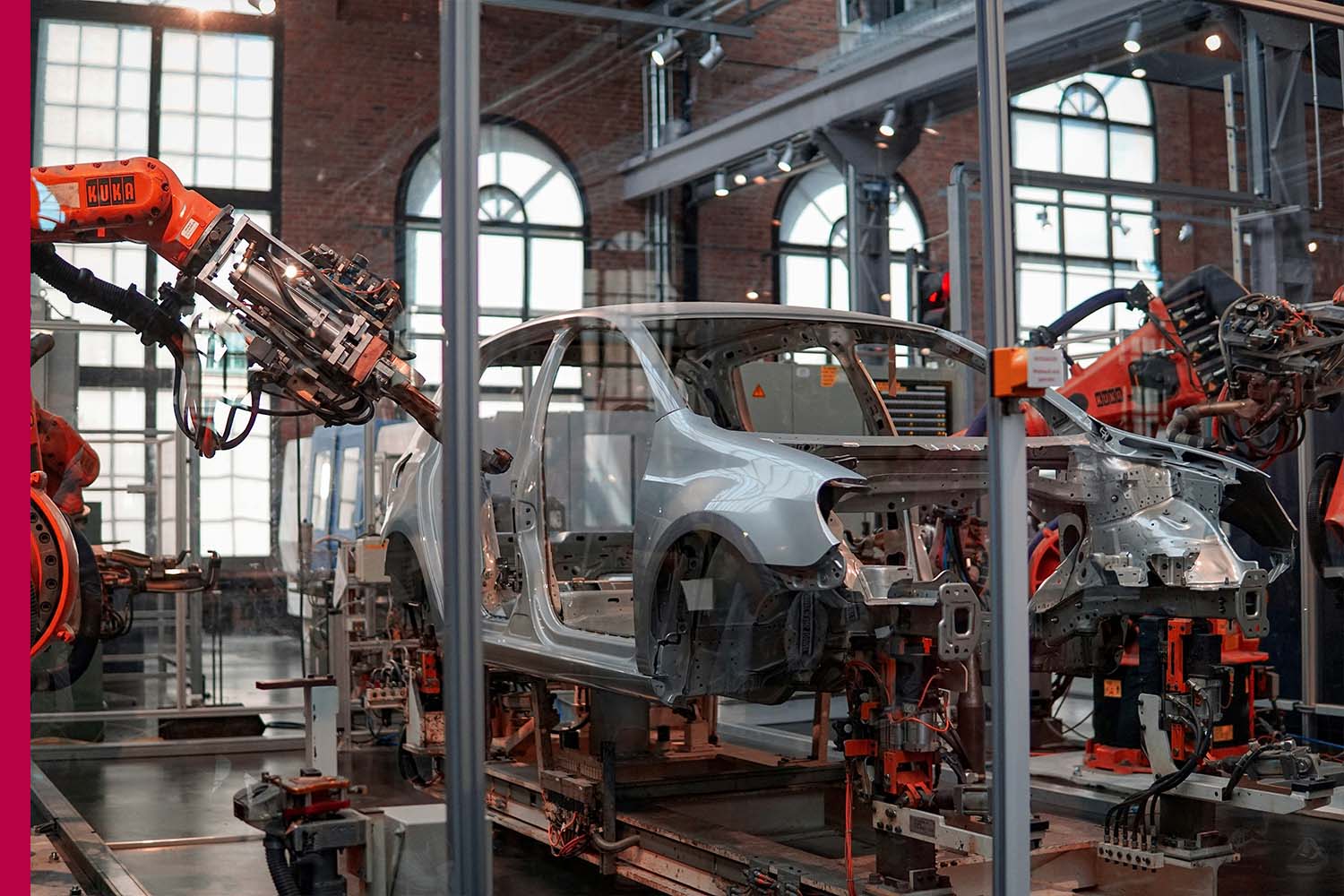In today’s fast-changing digital world, few topics have sparked as much curiosity, debate, and innovation as Artificial Intelligence (AI) and Automation. Once seen as futuristic concepts limited to science fiction, both have now become real-world forces driving transformation across industries, economies, and even our daily lives. From smart assistants that simplify tasks to industrial robots that optimize production lines, AI and automation represent the cutting edge of technological progress.
What makes these categories “emerging and modern” is not just their novelty, but their profound ability to redefine how humans interact with technology, how businesses operate, and how society functions at large.
The Impact Across Industries
1. Manufacturing & Industry
Automation has long been a cornerstone of manufacturing, with robots assembling cars and electronics. But AI takes it further by enabling predictive maintenance, supply chain optimization, and real-time defect detection. Smart factories now run with unprecedented efficiency, reducing waste and maximizing output.
2. Healthcare
AI in healthcare is saving lives. From diagnostic tools that detect cancer early to automation in hospital management systems, the industry is experiencing a revolution. Robotics assist in surgeries, while AI-driven apps provide personalized wellness advice. These advancements are not replacing doctors but enhancing their ability to deliver better care.
3. Finance & Banking
AI and automation streamline everything from fraud detection to customer service. Chatbots assist clients 24/7, algorithms manage stock trading, and AI-driven analytics personalize financial advice. Banks are now faster, more secure, and more customer-friendly thanks to these technologies.
4. Transportation & Logistics
Self-driving vehicles, automated warehouses, and AI-driven route optimization are reshaping the logistics sector. Companies like Amazon and DHL rely on AI to predict delivery times and automate inventory management, cutting costs and boosting customer satisfaction.
5. Retail & E-commerce
AI personalizes shopping experiences by recommending products, predicting trends, and analyzing customer behavior. Automation streamlines supply chains and checkout systems, making shopping both online and offline smoother than ever.

Challenges and Ethical Considerations
However, the rapid adoption of AI and automation also raises serious challenges and concerns that cannot be ignored.
1. Job Displacement: Many fear that automation will replace human workers, particularly in industries like manufacturing, customer service, and logistics. While new jobs will emerge, the transition requires re-skilling and adaptation.
2. Bias and Fairness: AI systems learn from data, which may include human biases. If unchecked, this can lead to unfair outcomes in hiring, lending, or law enforcement.
3. Data Privacy: AI thrives on data, raising concerns about surveillance, security breaches, and misuse of personal information.
4. Dependence on Technology: Over-reliance on automated systems may make societies vulnerable to breakdowns or cyberattacks.
5. Ethical Decision-Making: Who is accountable when an AI system makes a wrong decision—such as a self-driving car in an accident? These are complex issues without simple answers.
Addressing these challenges requires collaboration between governments, businesses, and communities to establish ethical guidelines, policies, and training programs.
The Future of AI & Automation
- Workplaces of the Future: Routine jobs will increasingly be automated, while demand will grow for creative, strategic, and tech-savvy roles. Upskilling workers will be crucial.
- Smart Cities: AI-driven traffic systems, energy grids, and waste management will make cities more efficient, sustainable, and livable.
- Healthcare Advancements: Personalized medicine, AI-based drug discovery, and automated patient care will continue to revolutionize healthcare.
- Education: AI tutors and automated learning platforms will provide tailored education, making lifelong learning more accessible.
- Human-Machine Collaboration: The future isn’t about machines replacing humans, but about humans and machines working together. The term “cobots” (collaborative robots) highlights this trend.
Global Economic and Social Impact
AI and automation are projected to contribute trillions of dollars to the global economy in the coming decades. Emerging economies will benefit from efficiency and productivity, while advanced economies will push the boundaries of innovation.
On a social level, these technologies have the potential to reduce human error, improve accessibility, and create opportunities for solving global challenges such as climate change, poverty, and healthcare gaps. Yet, they also risk widening inequalities if access and benefits are not distributed fairly.
Balancing Innovation with Responsibility
The key to unlocking the full potential of AI and automation lies in finding the right balance. Governments must create regulations that encourage innovation while protecting people’s rights. Companies must commit to ethical AI practices, ensuring transparency, fairness, and inclusivity. And individuals must embrace lifelong learning to stay adaptable in a changing job market.
Most importantly, society must remember that technology is a tool, not a replacement for humanity. The goal should not be to build machines that outshine humans but to design systems that amplify human potential.
Conclusion
Artificial Intelligence and Automation represent the most transformative forces of the 21st century. They are not just tools for efficiency but catalysts for innovation, reshaping industries, economies, and everyday life. From revolutionizing healthcare and education to creating smart cities and new business models, their possibilities are limitless.
Yet, this transformation comes with responsibility. To harness the benefits while minimizing risks, businesses, governments, and individuals must work together to ensure that AI and automation are used ethically, inclusively, and sustainably.
The future is not man versus machine it is man with machine. By embracing collaboration and innovation, AI and automation will pave the way toward a smarter, more efficient, and more human-centered world.












